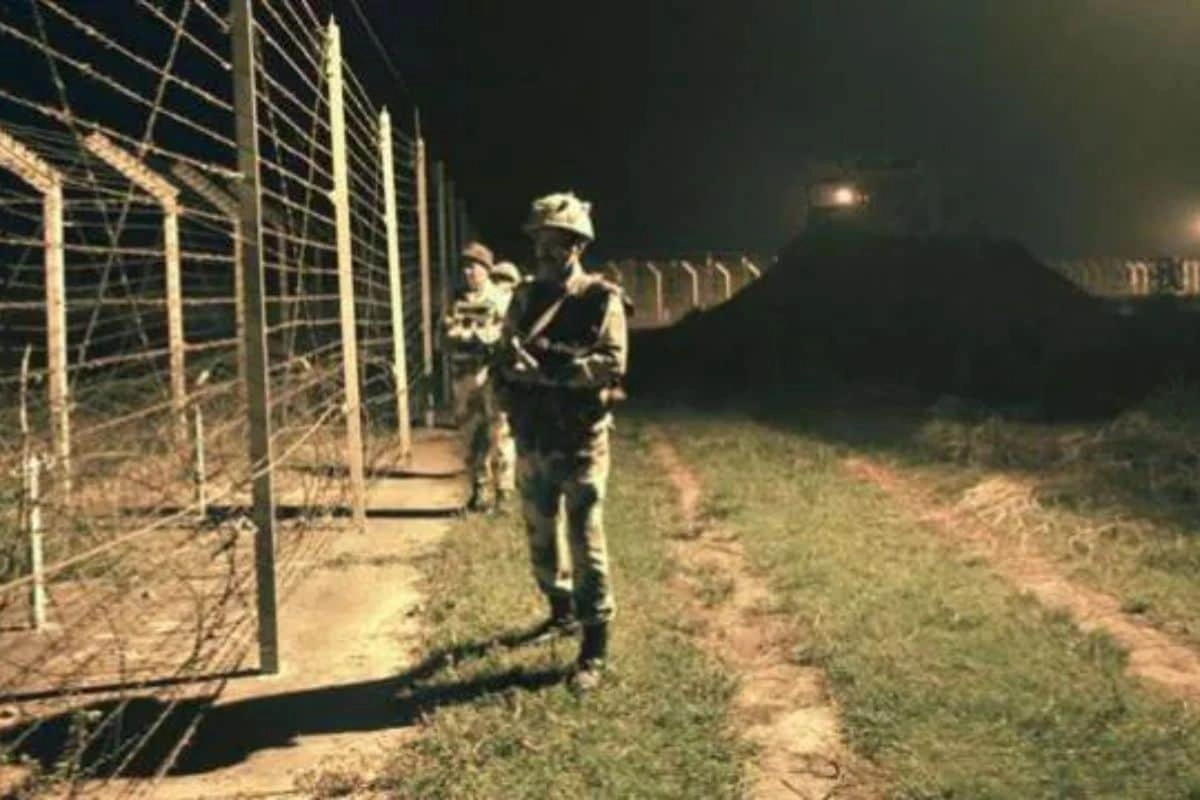Tahawwur Rana, a key figure in the 26/11 Mumbai terror attacks, has recently arrived in Delhi and was promptly arrested under the stringent provisions of the Anti-Terrorism Act. Rana, a Pakistani-Canadian national, has been implicated in the planning and execution of the horrific attacks that took place on November 26, 2008, which claimed the lives of over 160 people and injured many more. His involvement in this tragic event has long been a source of concern for Indian authorities, and his capture marks a significant development in the ongoing efforts to bring justice to the victims of the attacks.
Rana’s arrest is particularly noteworthy given the complexities surrounding international terrorism and cross-border operations. He had previously been acquitted in the United States on charges related to the attacks, but Indian authorities have maintained that he played a crucial role in facilitating the logistics and planning for the operation that led to the assault on Mumbai. His return to India and subsequent arrest signal a renewed commitment from Indian law enforcement to pursue justice for the victims and their families, as well as to deter future acts of terrorism.
The implications of Rana’s arrest extend beyond the immediate legal ramifications; they also resonate with the broader geopolitical landscape of South Asia. The 26/11 attacks have had lasting effects on India-Pakistan relations, and Rana’s apprehension could potentially influence diplomatic discussions and counter-terrorism cooperation between the two nations. As investigations unfold, attention will likely focus on the networks that facilitated the attacks and the roles of various individuals, potentially leading to further arrests and a deeper understanding of the mechanisms of terrorism in the region.
In the wake of Rana’s arrest, many are calling for a comprehensive review of counter-terrorism strategies employed by Indian authorities. While the arrest is a crucial step in seeking justice for the victims of the 26/11 attacks, it also raises questions about the effectiveness of existing measures to combat terrorism and prevent future incidents. The government may need to reassess its approach, enhancing collaboration with international partners and investing in intelligence-sharing mechanisms to better address the evolving threats posed by extremist groups. As the case develops, it will remain imperative for authorities to balance justice with the need for a comprehensive strategy to ensure the safety and security of citizens in an increasingly volatile world.




